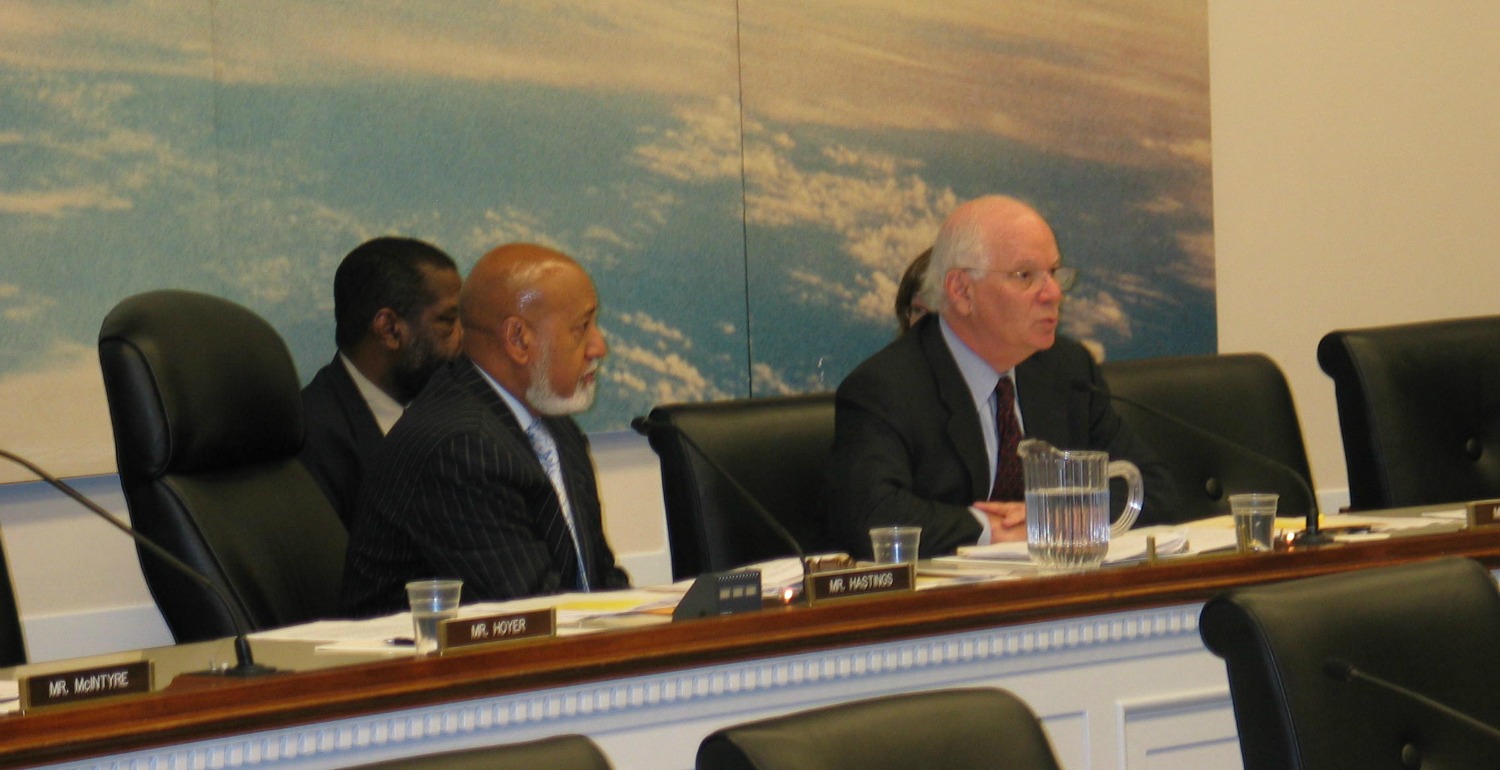The hearing is entitled “Guantanamo: Implications for U.S. Human Rights Leadership” will focus on the international perspective of Guantanamo, particularly in the 56 participating States of the Organization for Security and Cooperation in Europe (OSCE) and implications for U.S. leadership on human rights issues.
The detention facility at the U.S. Naval Bases at Guantanamo Bay, Cuba, was opened in January 2002 and, it currently holds around 385 detainees. The facility has come under fire from human rights organizations and others for the alleged mistreatment of detainees and the legal framework according to which they have been held.








